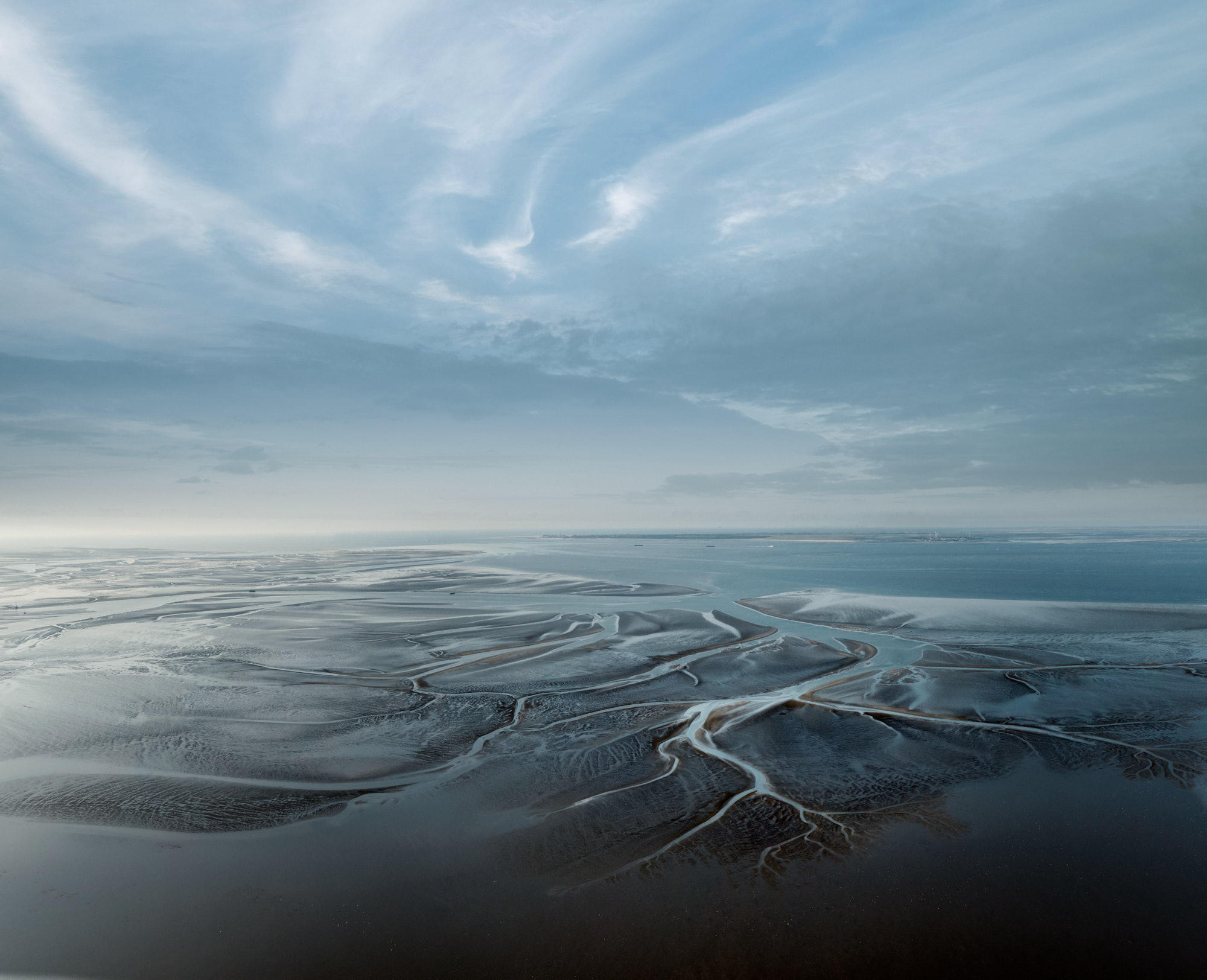Intensifying collaboration between University of Groningen and NIOZ Royal Netherlands Institute for Sea Research
Research institutes GELIFES and ESRIG of the University of Groningen and the Royal Netherlands Institute for Sea Research (NIOZ) are intensifying their collaboration. They will join forces in order to help resolve important societal problems of sustainability; provide the basis of a world class scientific alliance in education and research into oceans and coastal systems; enhance the chances to secure external funding; and provide a strong connection to the northern Netherlands.
The Faculty of Science and Engineering (FSE) institute GELIFES works on nature inclusive agriculture and effects of climate change on populations and ecosystems. ESRIG focusses on energy and sustainability, which also plays a prominent role in the UG’s new strategic plan. NIOZ has a world renowned reputation in marine ecology and biological & chemical oceanography. Based on these disciplines, the collaboration will focus on two main areas: ‘Terrestrial and marine coastal ecosystems under pressure’ and ‘the open ocean organic and inorganic carbon cycle’.
Terrestrial and marine coastal ecosystems under pressure
Terrestrial and marine coastal ecosystems in the Northern Netherlands provide food, living space and safety, both for humans and many other species. To maintain this unique and favorable situation, we need to understand how physical, chemical and eco-evolutionary processes interact to influence ecosystem resilience, sustainability and adaptive capacity of these interconnected marine and terresitrial ecosystems. A main goal is to plan actions that allow these ecosystems to continue to act as hotspots of biodiversity and supply important ecosystem services, including safety to mankind. A research emphasis in the GELIFES-NIOZ collaboration, therefore, will be on processes that shape sustainable waddensea/coastal/agricultural ecosystems from the individual micro- to macro-organisms all the way up to the landscape-scale.

The open ocean organic and inorganic carbon cycle
The oceans play a crucial role in the global cycling of Carbon, being by far the largest reservoir of active carbon, much larger than the other two main compartments atmosphere and terrestrial biosphere (including soils). These three reservoirs are intensely interacting with each other, leading to high fluxes of carbon back and forth, and a dynamical equilibrium that is currently disturbed by anthropogenic carbon emissions. Of these anthropogenic emissions of CO2 into the atmosphere, about 30% has been taken up by the oceans, thereby considerably diminishing the effects of human fossil fuel use on climate. Research emphasis in the ESRIG-NIOZ collaboration will be on the inorganic ocean Carbon uptake: past, present and future; the organic Carbon uptake; and modelling the Climate-marine Carbon cycle interaction.
University of Northern Netherlands
Intensifying the collaboration between the UG and NIOZ suits the ambition of the University of Groningen to form the ‘University of the North’ together with several other parties. In addition, it also fits nicely with the recently embraced spearhead ‘nature-inclusive agriculture/sustainable landscapes’, that crosses borders between faculties and connects the university to other parties and to societal questions.
More news
-
15 September 2025
Successful visit to the UG by Rector of Institut Teknologi Bandung
